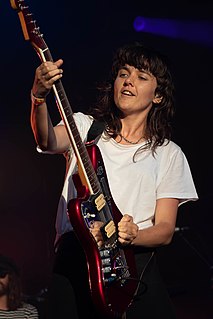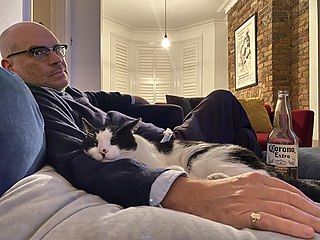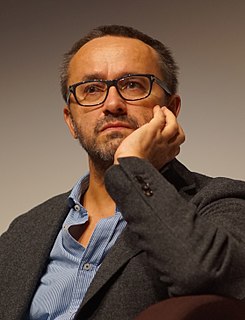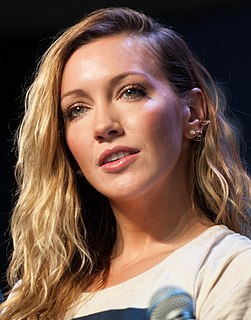A Quote by Anthony Hopkins
I'm just an actor. It's the way the script is written, and it's easy. I don't have think about it. When you receive the script, you know pretty well how to play it, apart from little technicalities like the accent.
Related Quotes
"On Script" is one of my favorite songs I've ever written. I'd just been jamming on it one day, and again I was struggling with lyrics. I'm still figuring out what it's about. I've seen a couple of reviews that are like, "It's about the monotony of playing the same songs every night," because I say, "On script every night/Like a well-rehearsed stage show." It's not about that at all, but I find that funny, how people project what they think about me, or songwriters in general.
It makes it easier, if you can't do an American accent. I don't know. It's different. I played a character in Never Let Me Go where the script for my character was very sparse, and I enjoyed it. With Never Let Me Go, I had a whole book written from my character's point of view, so I always knew where I was. But, with Ryan [Gosling], it was just easy. He's such a brilliant actor and he is so prepared. He doesn't have to warm himself up to be in a scene. He's just in it. It draws you in, in a way.
In terms of how I work with actors, having worked so heavily on the script I have a very clear idea of the characters; they are reasonably well illustrated in the script. If you cast it right, to a great degree you can hand it over to the actor and I just make suggestions. I'm not the kind of director who needs or wants to get into too much finessing. Ideally, when you hit the set, you have this conversation, like, 'eh, what did you think?' 'I don't know, what did you think?' 'Why don't we just try it again, make a few physical changes.'
We see only the script and not the paper on which the script is written. The paper is there, whether the script is on it or not. To those who look upon the script as real, you have to say that it is unreal - an illusion - since it rests upon the paper. The wise person looks upon both paper and script as one.
Any good movie or script usually, if they're doing their job, gives the highest platform possible for an actor to leap off of, and that script was very high up there. It was a very smart, tight script. There was a lot of improv, as well, once we got to the set, but a lot of the original script was also in there.
I don't think fast enough on my feet in terms of the writing to change the script too much when I'm shooting it. I like to have it set and done and know that I feel good about it and I might add a few lines here and there while we're shooting, if I think of a new joke, I might toss it in, but for the most part, I try to stick to the written script and have all the latitude exist within that.
When an actor comes to you and starts working with the script, the image of his character that you had in your mind gets substituted with an image of that particular actor. And this is the right way to go. An actor has to be absolutely truthful - this is the only thing required of him, apart from talent of course. It's very easy to understand: you need to absolutely believe in what you see.
For me, I just like to be as fun as possible, but I do like to bring a lot to a character. Given the script or the show, I know my boundaries, limits, and how far I can go with it. As far as me choosing these characters that have a lot of personality, I don't necessarily think it's intentional. I just think that I try and come up with a backstory of who they are, depending on the script or how rounded these characters are, and just go from there.
You know, my problem with most screenwriting is it is a blueprint. It's like they're afraid to write the damn thing. And I'm a writer. That's what I do. I want it to be written. I want it to work on the page first and foremost. So when I'm writing the script, I'm not thinking about the viewer watching the movie. I'm thinking about the reader reading the script.




































